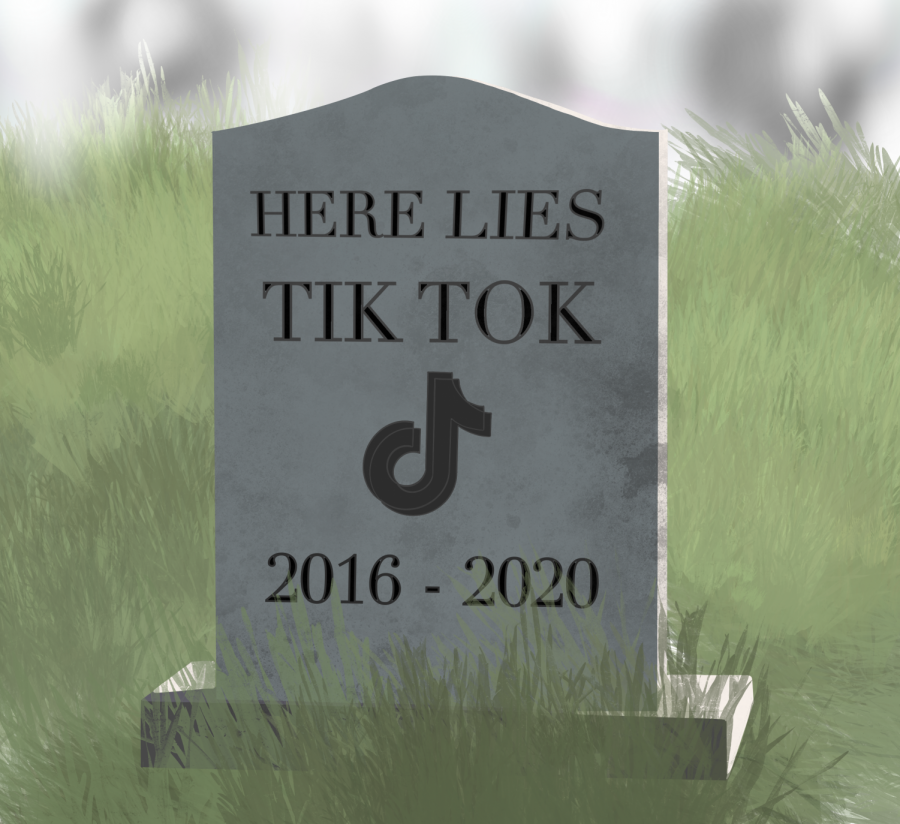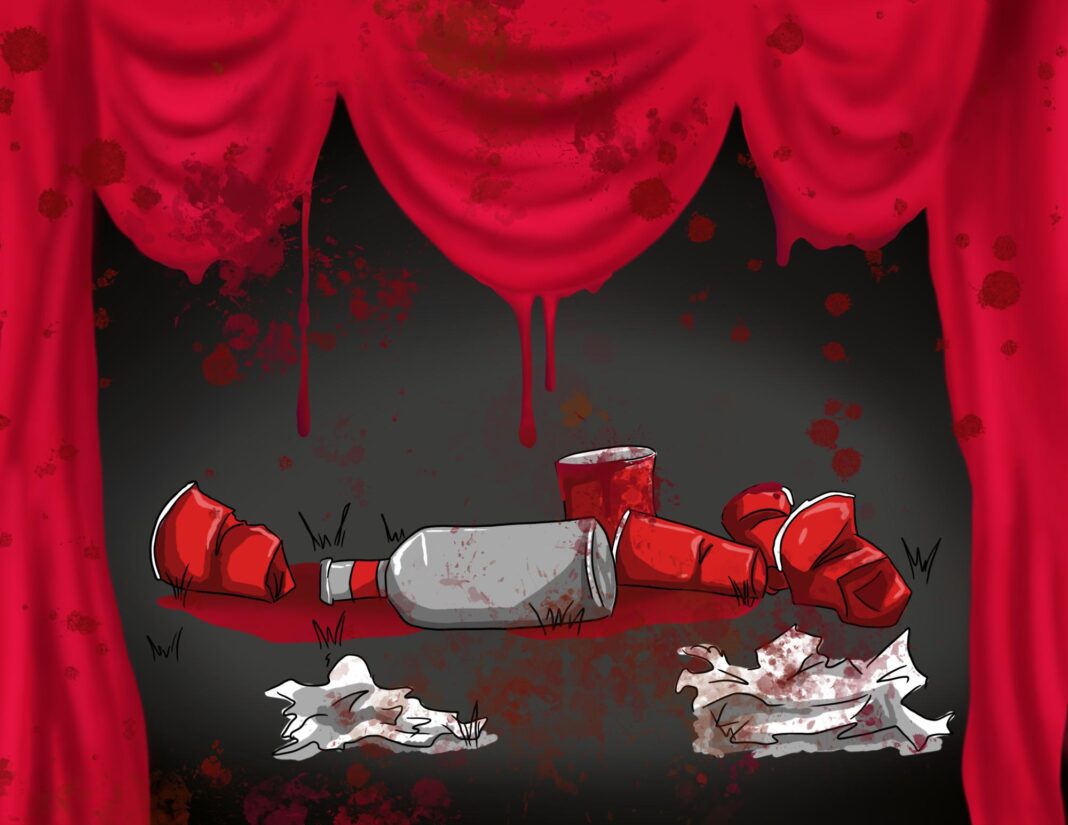The roar of the crowd, the thrill of victory, the agony of defeat – professional sports offer a potent cocktail of adrenaline and emotion. But behind the glittering facade, a darker truth often lurks. The pressure to perform, the cutthroat competition, and the constant scrutiny can create a breeding ground for toxicity, impacting players’ mental and physical well-being. In this article, we examine the underbelly of professional sports, exploring the ways in which the very structures designed to celebrate athletic achievement can inadvertently foster a toxic environment.
Behind the Glamour: The Pressure Cooker of Athletic Success
The Relentless Demands on Athletes

The path to athletic excellence is paved with unwavering dedication, rigorous training, and relentless pursuit of victory. However, beneath the glitz and glamour of professional sports lies a pressure cooker environment that places immense physical, mental, and emotional strain on athletes. The demands of training, competition, and media scrutiny can take a significant toll on their well-being, impacting their performance, relationships, and overall life satisfaction.

The “Win at All Costs” Mentality
The pervasive “win at all costs” mentality often permeates professional sports, creating a culture where success is paramount, and any means necessary to achieve it are deemed acceptable. This relentless pressure to win can lead to unhealthy behaviors, such as excessive training, performance-enhancing drug use, and the prioritization of victory over ethical considerations. The constant pursuit of triumph can leave athletes feeling emotionally drained, consumed by anxiety, and lacking a sense of fulfillment outside of their sport.

The Media Spotlight: Amplifying Scrutiny and Expectations
Professional athletes are constantly under the watchful eye of the media, facing intense scrutiny of their performance, personal lives, and every move they make. This amplified public attention can be overwhelming, leading to heightened pressure to maintain a perfect image and meet unrealistic expectations. The constant barrage of criticism, analysis, and speculation can take a toll on athletes’ mental health, eroding their self-esteem and contributing to feelings of isolation and anxiety.
The Cost of Competition: Mental Health and Burnout in Elite Sports
Prevalence of Mental Health Issues

The demanding nature of professional sports takes a significant toll on the mental well-being of athletes. Studies have shown a higher prevalence of mental health issues, such as anxiety, depression, and eating disorders, among elite athletes compared to the general population. The intense pressure to perform, the relentless training schedule, and the constant scrutiny can contribute to feelings of stress, overwhelm, and a sense of inadequacy.

The Role of Social Media
The rise of social media has further intensified the pressure on athletes, creating a platform for constant comparison, criticism, and the need to maintain a perfect image. Athletes are often bombarded with idealized portrayals of themselves and their peers, leading to feelings of inadequacy and social anxiety. The constant pressure to present a flawless online persona can contribute to mental health issues, such as depression, anxiety, and body image concerns.

The Need for Better Support Systems
Providing adequate mental health support for athletes is crucial to their well-being and long-term success. Professional sports organizations, coaches, and teams need to prioritize mental health resources and create a culture where athletes feel comfortable seeking help without fear of stigma or repercussions.
The Toxicity of Professional Sports

In recent years, the world of professional sports has been plagued by a culture of silence surrounding harassment and abuse. This toxic environment has been perpetuated by a lack of accountability, transparency, and support for survivors. According to a recent study by the National Women’s Law Center, 61% of female athletes reported experiencing some form of harassment or abuse during their careers, while 22% reported experiencing physical abuse.
The History of Mistreatment and Power Dynamics
The history of mistreatment in professional sports is a long and complex one, with many instances of coaches, teammates, and even family members using their power and influence to manipulate and control athletes. This power dynamic is often rooted in a culture of fear, where athletes are afraid to speak out against their abusers for fear of retaliation or being ostracized by their teams or communities.
One high-profile example of this is the case of former NFL player Brian Banks, who was falsely accused of rape and spent five years in prison before being exonerated. Banks has spoken publicly about the trauma he experienced during his time in prison, and the ways in which the NFL and other sports organizations failed to support him.
The Fear of Speaking Out: Retaliation, Disbelief, and the Normalization of Abuse
The fear of speaking out against harassment and abuse is a significant barrier to creating a safer and more supportive environment in professional sports. Athletes who speak out against their abusers often face retaliation, including being cut from teams, ostracized by their communities, or even having their careers ruined.
According to a recent survey by the Sports & Fitness Industry Association, 51% of female athletes reported feeling afraid to speak out against harassment or abuse, while 43% reported feeling ashamed or embarrassed to do so. This normalization of abuse is a serious problem, and one that must be addressed in order to create a safer and more supportive environment for athletes.
Creating a Safe Environment: Promoting Accountability, Transparency, and Survivor Support
Creating a safe environment in professional sports requires a multifaceted approach that includes promoting accountability, transparency, and support for survivors. This can include implementing policies and procedures for reporting and addressing harassment and abuse, as well as providing resources and support for survivors.
One example of a sports organization that has taken steps to create a safer environment is the National Women’s Hockey League, which has implemented a comprehensive policy for addressing harassment and abuse. The policy includes procedures for reporting and investigating complaints, as well as providing support and resources for survivors.
Breaking the Cycle: Cultivating a Healthier Sports Environment
Cultivating a healthier sports environment requires a focus on education and awareness about toxic behaviors, as well as empowering athletes to speak up and advocate for themselves. This can include providing education and training on issues such as consent, boundaries, and healthy relationships, as well as creating safe and supportive spaces for athletes to share their experiences and concerns.
The Importance of Education and Awareness
Education and awareness are critical components of creating a healthier sports environment. Athletes need to understand what constitutes harassment and abuse, and how to recognize and report it. They also need to understand the impact that toxic behaviors can have on their own well-being and the well-being of others.
One example of a sports organization that has prioritized education and awareness is the US Olympic Committee, which has implemented a comprehensive program for addressing harassment and abuse. The program includes education and training for athletes, coaches, and staff, as well as creating safe and supportive spaces for athletes to share their experiences and concerns.
Empowering Athletes to Speak Up
Empowering athletes to speak up and advocate for themselves is critical to creating a healthier sports environment. Athletes need to feel safe and supported in sharing their experiences and concerns, and they need to know that their voices will be heard and respected.
One example of an athlete who has spoken out against harassment and abuse is WNBA player Maya Moore, who has been an outspoken advocate for social justice and equality in sports. Moore has spoken publicly about the ways in which she has experienced harassment and abuse during her career, and has used her platform to raise awareness and support for other athletes who have experienced similar trauma.
Implementing Policies and Structures that Prioritize Athlete Well-being
Implementing policies and structures that prioritize athlete well-being is critical to creating a healthier sports environment. This can include creating safe and supportive spaces for athletes to share their experiences and concerns, as well as providing resources and support for survivors.
One example of a sports organization that has implemented policies and structures that prioritize athlete well-being is the National Football League, which has implemented a comprehensive program for addressing harassment and abuse. The program includes creating safe and supportive spaces for athletes to share their experiences and concerns, as well as providing resources and support for survivors.
Conclusion
The Toxicity of Professional Sports: A Culture in Crisis
In our examination of the professional sports industry, we have exposed a disturbing reality: a culture that prioritizes winning above all else, often at the expense of its athletes’ well-being and dignity. We have highlighted the prevalence of concussions, the exploitation of college athletes, and the systemic racism that pervades the sports world. We have also explored the ways in which the media and fans contribute to the toxic environment, often glorifying aggression and punishing those who dare to speak out. Our analysis has made it clear that the sports world is not the innocent, wholesome institution that it is often portrayed to be.
The significance of this issue cannot be overstated. The professional sports industry is a multi-billion dollar industry that influences the lives of millions of people. Its impact extends far beyond the playing field, shaping cultural values and reinforcing social norms. The toxic culture of professional sports has serious implications for the health and well-being of athletes, as well as the broader society. It is imperative that we recognize the harm caused by this culture and work towards creating a more equitable and just sports world. As we move forward, it is likely that we will see increased scrutiny of the sports industry, with calls for greater accountability and reform.
As we close this examination of the toxicity of professional sports, we are left with a pressing question: what kind of culture do we want to create? Do we want to continue to prioritize winning above all else, or do we want to prioritize the well-being and dignity of athletes? The choice is ours, and it is a choice that has far-reaching implications. As the sports world continues to evolve, it is crucial that we prioritize a culture of respect, empathy, and accountability. The future of professional sports depends on it.
